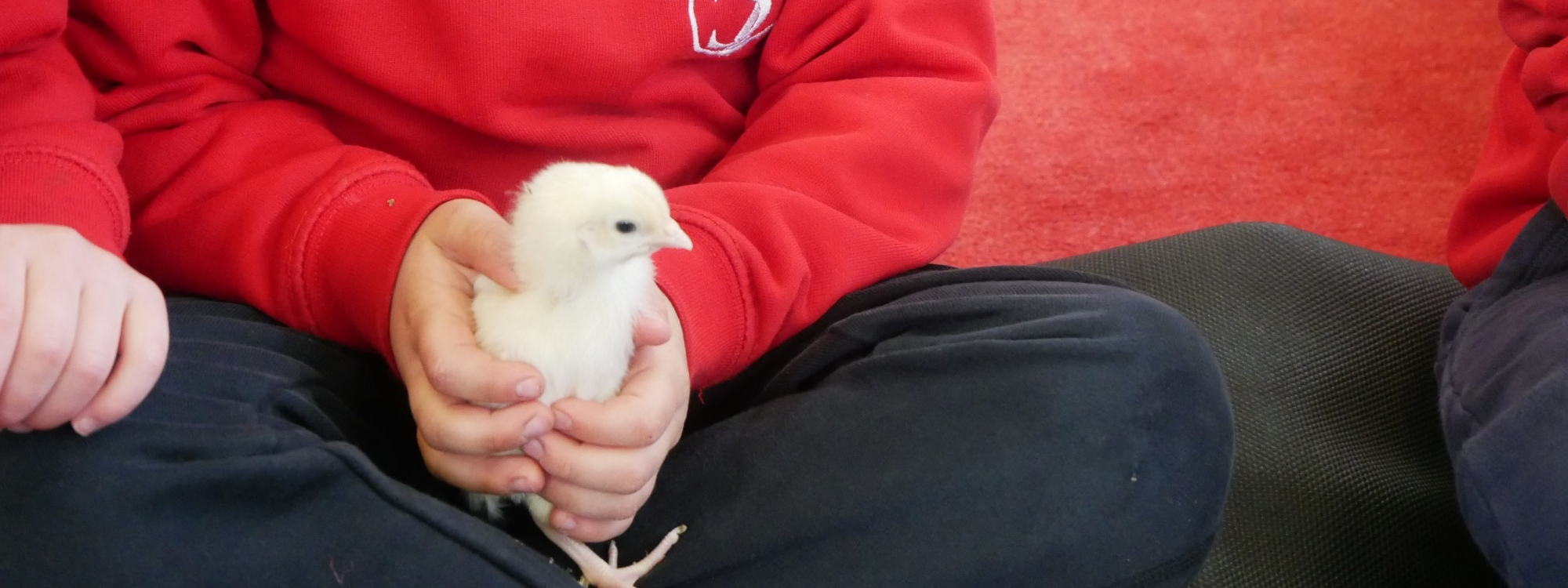- Home
- Nursery
- Preparing Your Child for Nursery
There are many ways that parents and carers can help their child to prepare for starting Nursery.
Be positive and help your child to separate confidently
Always be positive about Nursery with your child regardless of how you are feeling. If you are nervous about their first days, they will pick up on it. Watch our ‘starting Nursery’ video and chat with your child about some of the exciting things they might do and learn when they come to Nursery.
Think about arranging play dates with friends and family so that your child gets used to being with people other than immediate family/carers all the time. If you have never left your child with anyone and there is a trusted family member or friend it might be an idea to arrange visits while you go to the shop/for a walk to build up their confidence for separating from you at Nursery.
If you think your child may be upset on separating, share this with practitioners and we will help you facilitate a quick and positive handover. It is rarely helpful to extend the goodbye for too long! Have some simple phrases ready like ‘Mummy will be back soon to pick you up’ or ‘You are going to have fun at Nursery and I will be back just before lunchtime.’
Help your child to be independent
Practice putting shoes on and off– this will really help when we want to put wellies on to go outside.
Teach your child how to put a coat on (link to video) using our method – the quicker your child can get their coat on the faster they will be to get outside!
Help your child to go the toilet themselves. Ensure they have trousers or a skirt that they can pull up and down without help.
Ask your child to try opening and closing their school bag – the bag has a long Velcro strip along it. Can they put a book/piece of paper inside and close it?
Buy your child a water bottle that they can open and close themselves.
Encourage your child to be sociable and friendly with others
Model friendly and confident conversations with other parents and young children. Try meeting other families in the park or arrange a play date with another child of a similar age. Let the children play following their own interests but also support them to work together on making something, taking turns or sharing.
Help them to introduce themselves by telling other children their name/ something they like and also by asking simple questions like ‘what’s your name’ or ‘do you like cats?’ Children can build friendships on the most random of conversation starters!
Help your child to listen to others
We often find that children want to share their thoughts with us at the same time as other children and we work hard to teach then to wait for their turn. You can do this through turn taking games or just during family conversations. A good tip, if your child often interrupts adult conversations, is to place your hand on your child arm to acknowledge you know they want to speak but continue to talk/listen to someone and then turn your attention to your child when you have finished. In this way they learn not to interrupt and to wait to speak.
Foster an early love of books and nursery rhymes
There will be lots of learning that happens before your child arrives at Nursery. Your child will especially enjoy listening to you read aloud from birth. It is a wonderful shared experience that you can continue for years to come. It will teach your child about communication and language and will build their listening, memory and vocabulary skills.
The more a child is read to from an early age, the more likely they are to gain interest and passion for books later in life.
Try sharing stories with your child with simple repetitive texts so that they start to join in. There are a wealth of picture books that will introduce new vocabulary, knowledge and spark children’s imagination.
Don’t forget to sing and enjoy simple songs and nursery rhymes too. Nursery rhymes are a powerful source of learning in the early years; they offer a pleasing and rhythmic pattern and simple repetitive phrases that babies and young children find easy to remember and repeat. It is an early way to develop phonological awareness which leads well in to early reading skills. Try adding actions to rhymes to develop co-ordination (The wheels on the bus, Twinkle, twinkle little star) and try simple counting rhymes too (eg Five currant buns or Five little ducks).




